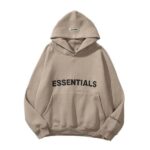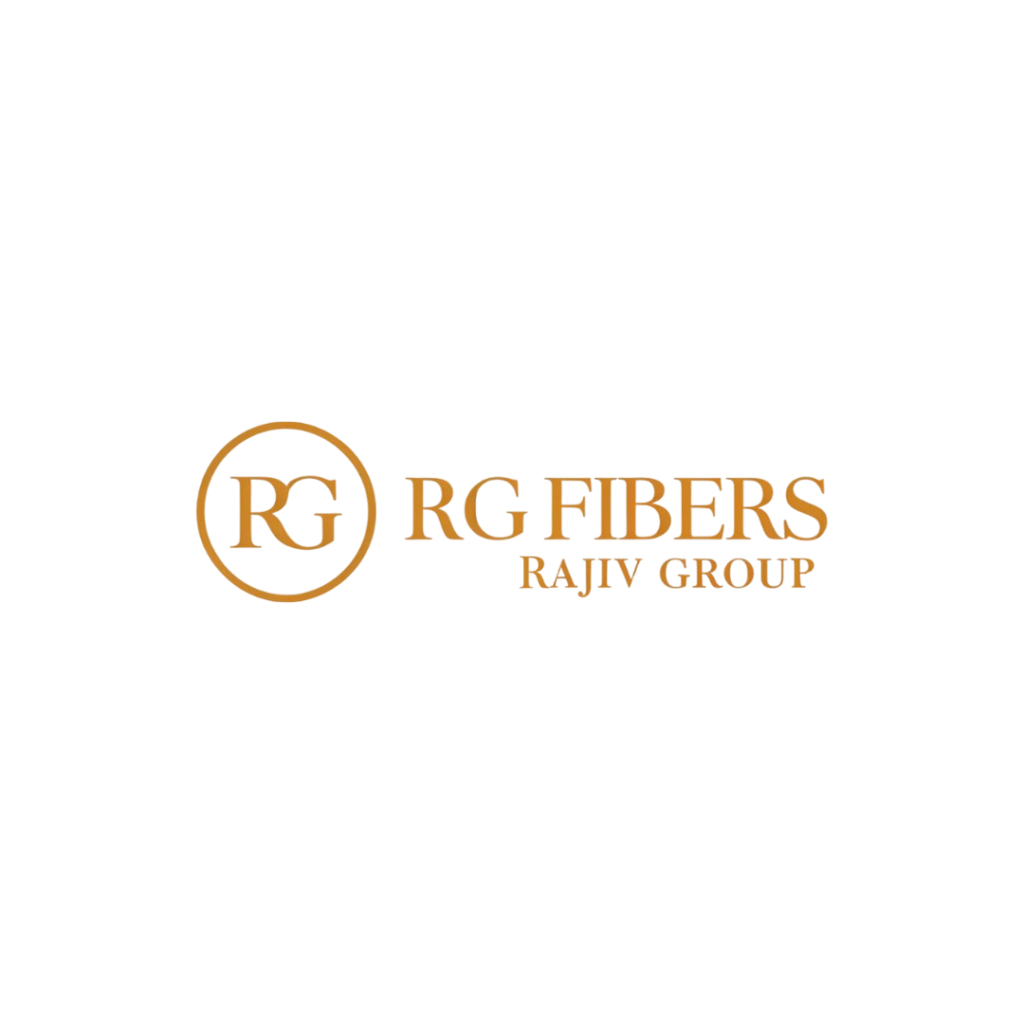The textile and fashion industry is undergoing a major transformation. The demand for eco-conscious materials is at an all-time high, and at the heart of this green revolution is Recycled Yarn—a game-changer for brands, manufacturers, and conscious consumers alike. In 2025, recycled yarn isn’t just an alternative—it’s becoming the standard for the future of fashion.
What Is Recycled Yarn?
Recycled yarn is made from post-consumer or post-industrial textile waste. This can include old garments, leftover fabric scraps, or even plastic bottles (in the case of polyester yarns). Through a process of sorting, shredding, cleaning, and respinning, this waste is transformed into high-quality yarn that can be used for knitting, weaving, or industrial applications.
Unlike virgin yarns that require large amounts of water, energy, and chemicals, recycled yarn dramatically reduces environmental impact, making it an eco-friendly solution that supports circular fashion.
Why Fashion Is Turning to Recycled Yarn
1. Environmental Impact Is No Longer Optional
Fast fashion has long been criticized for contributing to water pollution, excessive carbon emissions, and textile waste. With growing awareness and stricter global regulations, brands can no longer afford to ignore their environmental footprint.
By choosing recycled yarn, fashion brands can:
-
-
Reduce landfill waste
-
-
-
Lower CO2 emissions
-
-
-
Save water and energy
-
-
-
Minimize use of virgin raw materials
-
According to the Ellen MacArthur Foundation, recycling just one ton of textiles can save up to 20,000 liters of water and reduce up to 2 tons of CO2 emissions.
2. Consumer Demand for Ethical Products
Modern consumers, especially Gen Z and Millennials, are actively seeking sustainable alternatives. They prefer brands that are transparent about their sourcing, production practices, and environmental impact.
Using recycled yarn in clothing gives companies a competitive edge while building consumer trust and loyalty. It’s no longer just about style—it’s about sustainability.
3. Recycled Yarn Matches Quality and Versatility
One common myth is that recycled yarn compromises on quality. But thanks to technological advancements, this is far from the truth. Today’s recycled yarn manufacturers produce yarns that match or even exceed the strength, texture, and durability of virgin yarns.
Popular varieties include:
-
-
Recycled cotton yarn: Soft and breathable, perfect for casualwear and home textiles.
-
-
-
Recycled polyester yarn: Durable and moisture-wicking, ideal for sportswear and outerwear.
-
-
-
Blended recycled yarns: Combining organic or synthetic fibers for added performance.
-
How Recycled Yarn Supports Circular Fashion
Circular fashion is a model focused on designing products that can be reused, recycled, or regenerated at the end of their life cycle. Recycled yarn plays a critical role in making this possible.
By integrating recycled yarn into their supply chain, brands contribute to:
-
-
Closed-loop systems: Where garments are returned, broken down, and re-spun into new yarn.
-
-
-
Extended product life cycles: Products made with recycled materials can be more durable and reusable.
-
-
-
Responsible sourcing: Supporting local or certified recycled yarn manufacturers promotes ethical labor and eco-compliance.
-
Global Brands Leading the Change
Major fashion houses and retailers have already embraced recycled yarn as part of their sustainability strategies:
-
-
H&M uses recycled cotton and polyester in its Conscious Collection.
-
-
-
Patagonia has been a pioneer in using recycled PET bottles for yarns since the 1990s.
-
-
-
Nike and Adidas are increasingly turning to recycled materials in their apparel and footwear lines.
-
By doing so, they are proving that fashion can be both stylish and sustainable.
The Role of Recycled Yarn Manufacturers
The success of recycled yarn in fashion depends heavily on the efficiency, innovation, and integrity of recycled yarn manufacturers. These manufacturers are the backbone of the eco-textile industry, ensuring that:
-
-
Waste is responsibly collected and processed
-
-
-
Yarn meets quality, colorfastness, and durability standards
-
-
-
Production is ethical, with minimal environmental impact
-
-
-
Brands are supported with custom blends and scalability
-
Companies like RG Fibers Pvt. Ltd., a leading name among recycled yarn manufacturers, have been instrumental in supplying top-quality yarn to global fashion and textile brands.
Key Innovations Driving Recycled Yarn Forward
The future of recycled yarn is also being shaped by technological innovation:
-
-
Chemical recycling: Breaks down complex textiles into base fibers that can be re-spun without losing strength.
-
-
-
Smart sorting systems: Use AI and robotics to automate fabric separation by fiber content and color.
-
-
-
Blockchain transparency: Allows brands and consumers to trace recycled yarn back to its source.
-
These advances will continue to improve efficiency, reduce waste, and build trust in sustainable materials.
Challenges Still Exist—but They’re Being Solved
Like any evolving industry, recycled yarn production faces some challenges:
-
-
Fiber degradation in certain materials after multiple recycling cycles
-
-
-
Higher initial costs compared to virgin yarns
-
-
-
Difficulty in sorting blended fibers from textile waste
-
However, manufacturers and researchers are rapidly developing solutions—from fiber regeneration to AI-driven textile separation—that promise to overcome these hurdles and make recycled yarn more accessible and cost-effective in the coming years.
How You Can Support the Shift
Whether you’re a fashion brand, designer, retailer, or consumer, here’s how you can contribute to the future of recycled yarn:
-
-
Source from certified recycled yarn manufacturers
-
-
-
Prioritize eco-labels when purchasing clothes
-
-
-
Encourage take-back and recycling programs
-
-
-
Educate others about the benefits of sustainable textiles
-
Together, we can reduce textile waste and accelerate the shift toward a greener, more responsible fashion industry.
Final Thoughts
Recycled yarn is more than a trend—it’s a transformative force redefining the way fashion operates in 2025 and beyond. As awareness grows and innovations continue, it’s clear that recycled yarn will remain a cornerstone of sustainable fashion for decades to come.
Fashion doesn’t have to cost the Earth—and thanks to recycled yarn, it no longer does.
- Why Recycled Yarn Is the Future of Fashion in 2025
- Discover how recycled yarn is transforming fashion in 2025. Learn its benefits, trends, and top recycled yarn manufacturers leading the green shift.
- Recycled Yarn , Recycled Yarn Manufacturers
Related posts:
 Easy EMI Card: Your Go-To Solution for Easy Monthly Payments
Easy EMI Card: Your Go-To Solution for Easy Monthly Payments
 Fitness for Mental Clarity: Unlock Your Focus and Inner Strength with DG FIT MIND
Fitness for Mental Clarity: Unlock Your Focus and Inner Strength with DG FIT MIND
 Top Carrier Oil Suppliers in India for Bulk & Wholesale Buyers
Top Carrier Oil Suppliers in India for Bulk & Wholesale Buyers
 Atlas Pro ONTV : La Révolution de la Télévision par Internet
Atlas Pro ONTV : La Révolution de la Télévision par Internet
 Luxury or Budget? Finding the Right Heathrow Transfer for You
Luxury or Budget? Finding the Right Heathrow Transfer for You
 What Is Cold Rolled Stainless Steel Coil and Why Does It Matter?
What Is Cold Rolled Stainless Steel Coil and Why Does It Matter?
 Essentials Hoodie Design Philosophy: Minimalism Meets Statement
Essentials Hoodie Design Philosophy: Minimalism Meets Statement
 Make Your Message Stick: The Power of Flyers & Posters in Plano!
Make Your Message Stick: The Power of Flyers & Posters in Plano!








